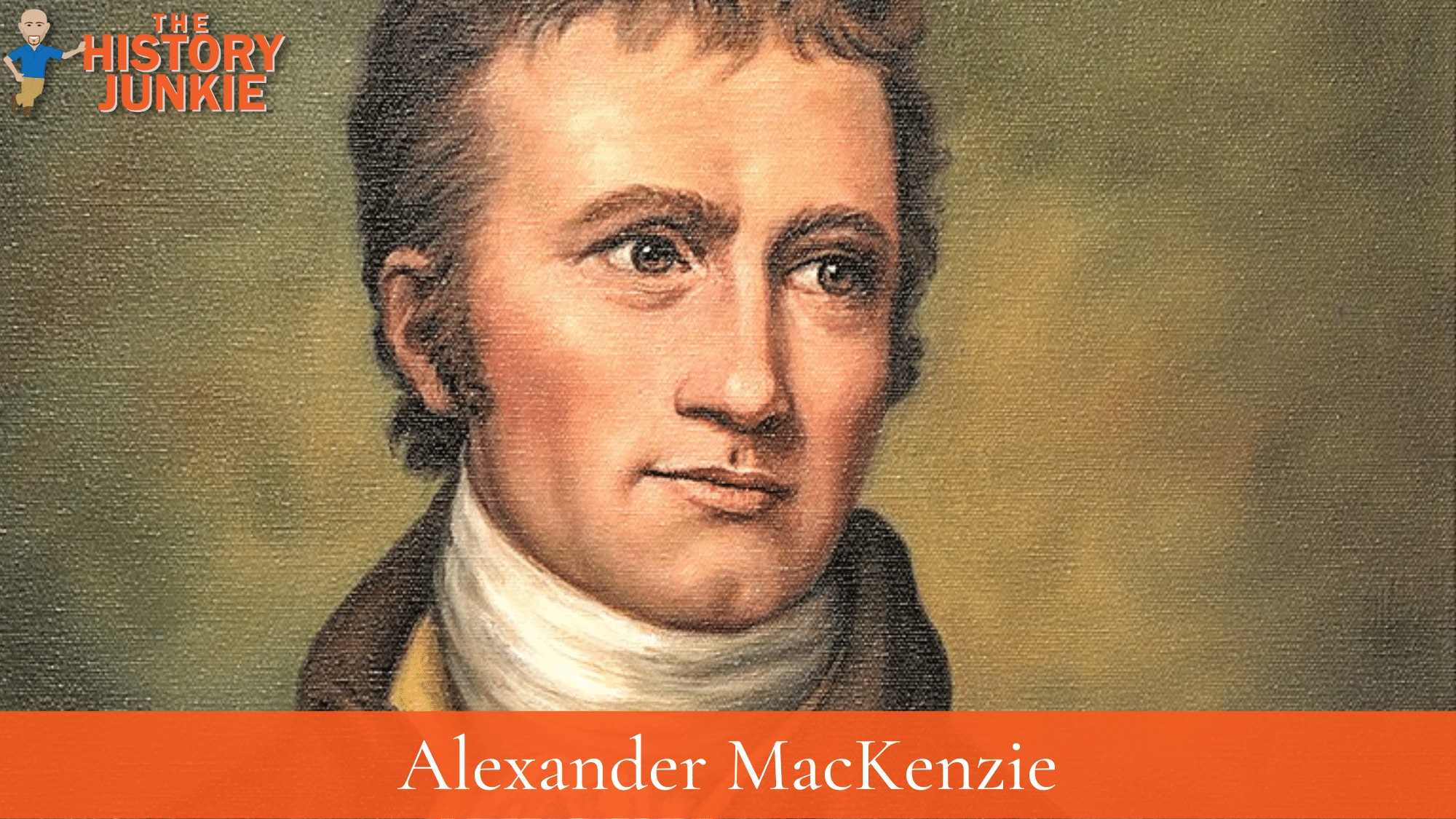
Jump to:
- Common Questions About Alexander MacKenzie
- #1. Alexander MacKenzie Was a Scottish Native
- #2. He Wanted To Find A Northwest Passage To The Pacific Ocean
- #3. Alexander MacKenzie Completed The First Transcontinental Crossing Of North America North Of Mexico
- #4. He Turned Back Due To Aggressive Native Americans
Common Questions About Alexander MacKenzie
What Was Alexander MacKenzie Known For?
He attempted to find the Northwest Passage and became the first European to complete the first Transcontinental trip to the Pacific Ocean. He also traveled to the Arctic Ocean coast.
Did Alexander MacKenzie Discover The Mackenzie River?
Yes, he did, and ironically, he was not happy with the river since it did not lead to the Pacific Ocean. He called it the River Disappointment
How Did MacKenzie Die?
He died at the age of 56 from Brights Disease
#1. Alexander MacKenzie Was a Scottish Native
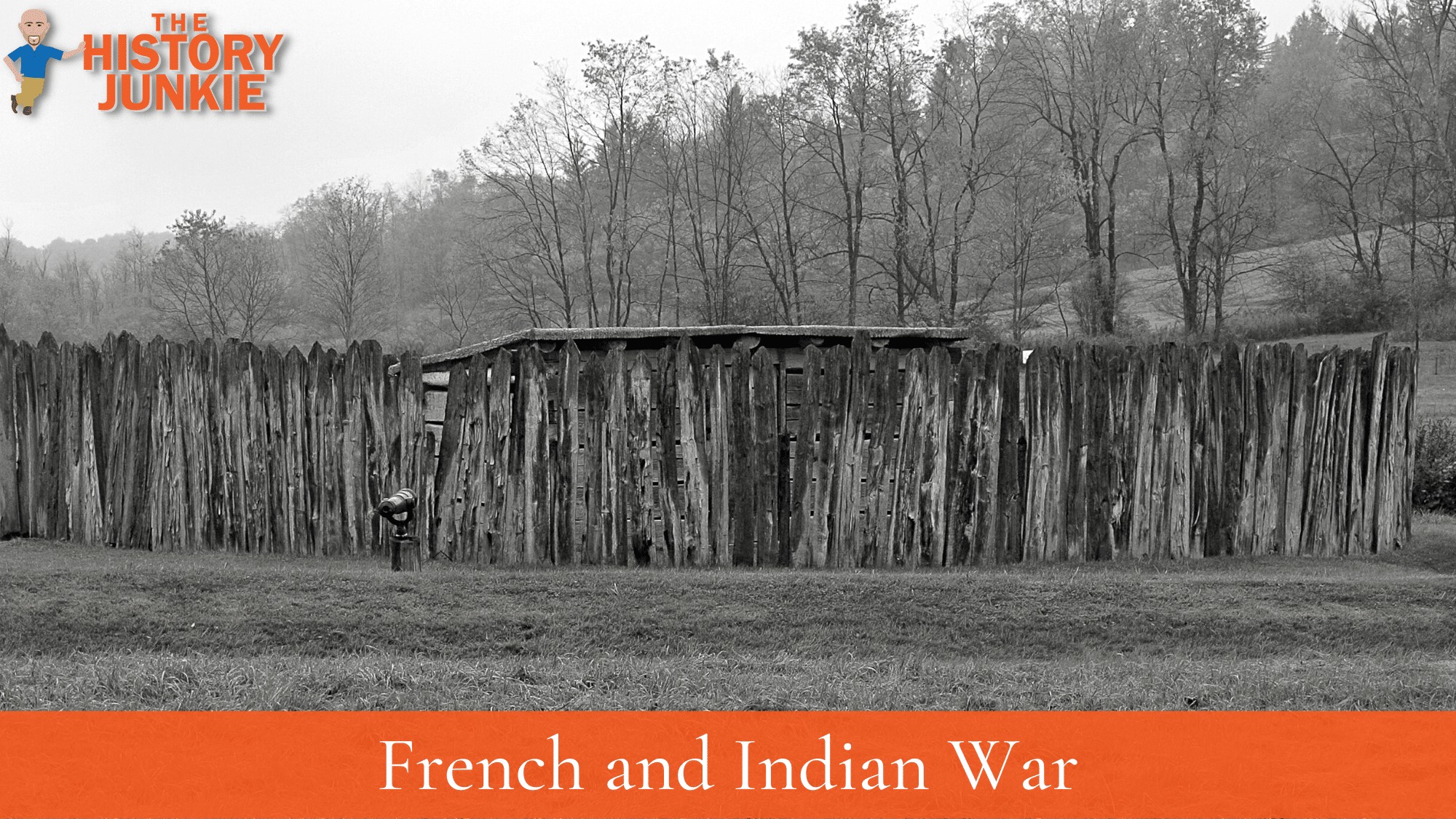
Alexander MacKenzie was Scottish. I know that it is not a profound statement but try and think of the bulk of the English empire at the time. England was dominating the globe and established colonies on many different continents.
The Scots had endured many years of oppression, and the fact that MacKenzie could rise into this position is impressive, and the British victory in the French and Indian War helped him.
He was educated at the same school as Colin Mackenzie, the army officer and first Surveyor General of India; he sailed to New York City with his father to join an uncle, John Mackenzie, in 1774, just before the Revolutionary War, after his mother died in Scotland.
In 1776, during the American Revolution, his father and uncle picked up arms against the colonists. They would have been considered loyalists.
By 1778, Mackenzie was sent to Montreal for his safety as a loyalist's son and accompanied by two aunts.
By 1779, Mackenzie had a secured apprenticeship with Finlay, Gregory & Co., one of the most influential fur trading companies in Montreal, which Archibald Norman McLeod later administered.
In 1787, the company merged with the North West Company. This would be where MacKenzie would earn his stripes as an explorer.
#2. He Wanted To Find A Northwest Passage To The Pacific Ocean
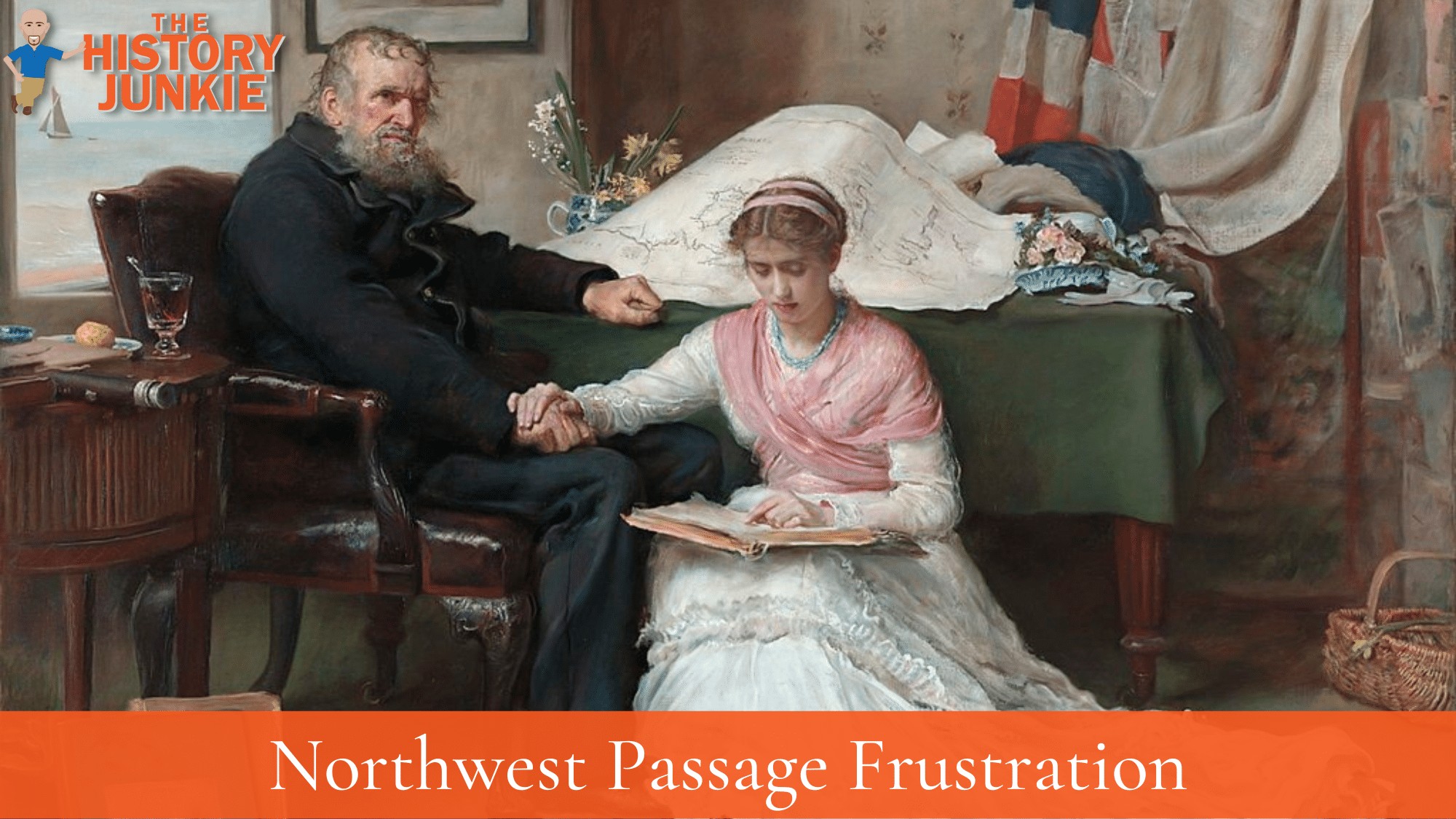
The Northwest Passage was constantly searched for during the Age of Exploration. Henry Hudson had died trying to find it, and many others seemed also to fail.
In 1789, Alexander MacKenzie traveled to Lake Athabasca to relieve Peter Pond of his duties. Pond advised MacKenzie to use the native population for information. The natives said that the local rivers flowest northwest, which led him to believe that it may possibly lead to the Pacific Ocean.
It did lead to an ocean, but it was the Arctic Ocean. He was so frustrated that he called the river he took "the River Disappointment," which now is called the Mackenzie River.
His first attempt at finding the Northwest Passage did not go as planned.
#3. Alexander MacKenzie Completed The First Transcontinental Crossing Of North America North Of Mexico
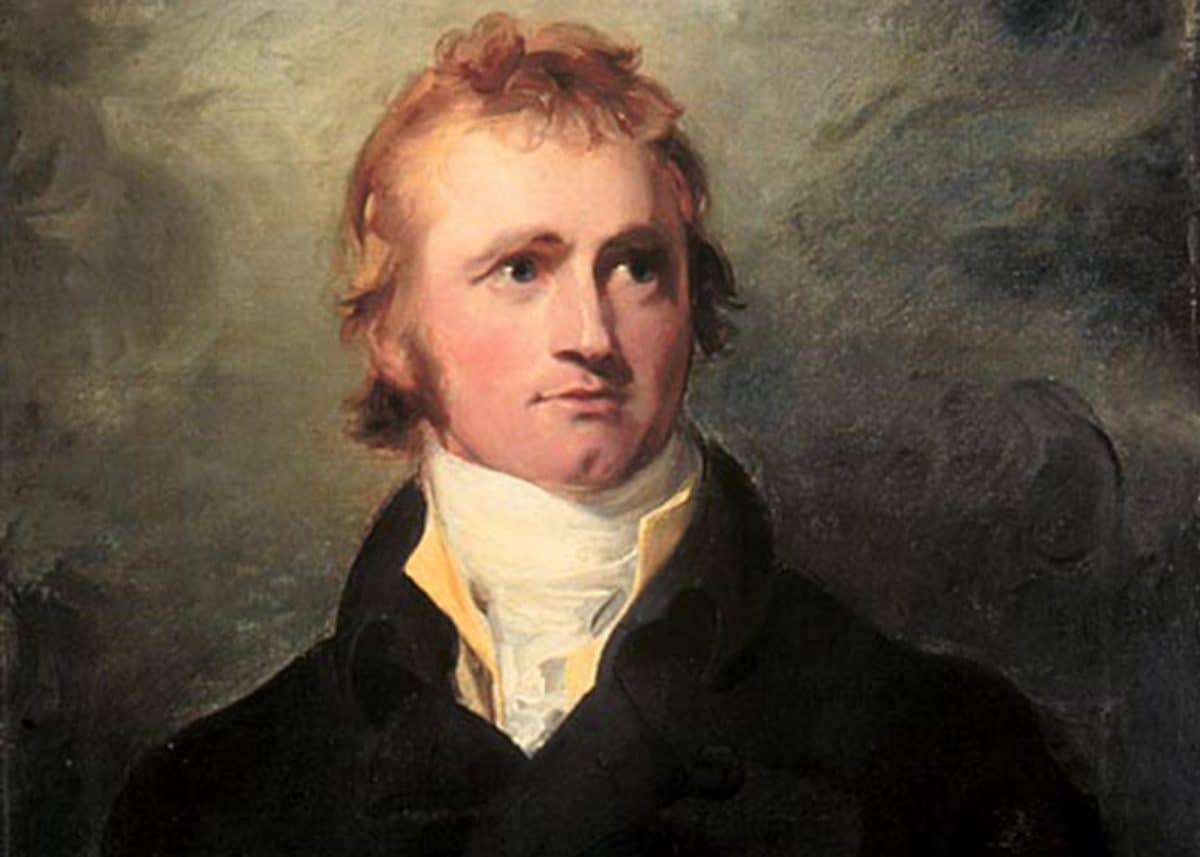
Alexander MacKenzie returned to Great Britain and then came back to Canada to attempt to find a route to the Pacific Ocean.
He crossed the Great Divide and came to the Fraser River. Just before he attempted to move forward, the local natives gave him friendly advice. He was advised to avoid Fraser Canyon due to an aggressive Native American tribe and instead follow a grease trail that would take him to the West Road River.
He then crossed the Coast Mountains into the Bella Coola River and made it to the Pacific Ocean on July 20, 1793. It was quite a feat for him to accomplish this.
He made the crossing during the summer, which allowed him to avoid the bitter cold of Canada.
Ironically, another explorer was in the area but had left a little over a month prior to MacKenzie's arrival. The explorer was George Vancouver, who did a lot of his work on the west coast of Canada.
#4. He Turned Back Due To Aggressive Native Americans
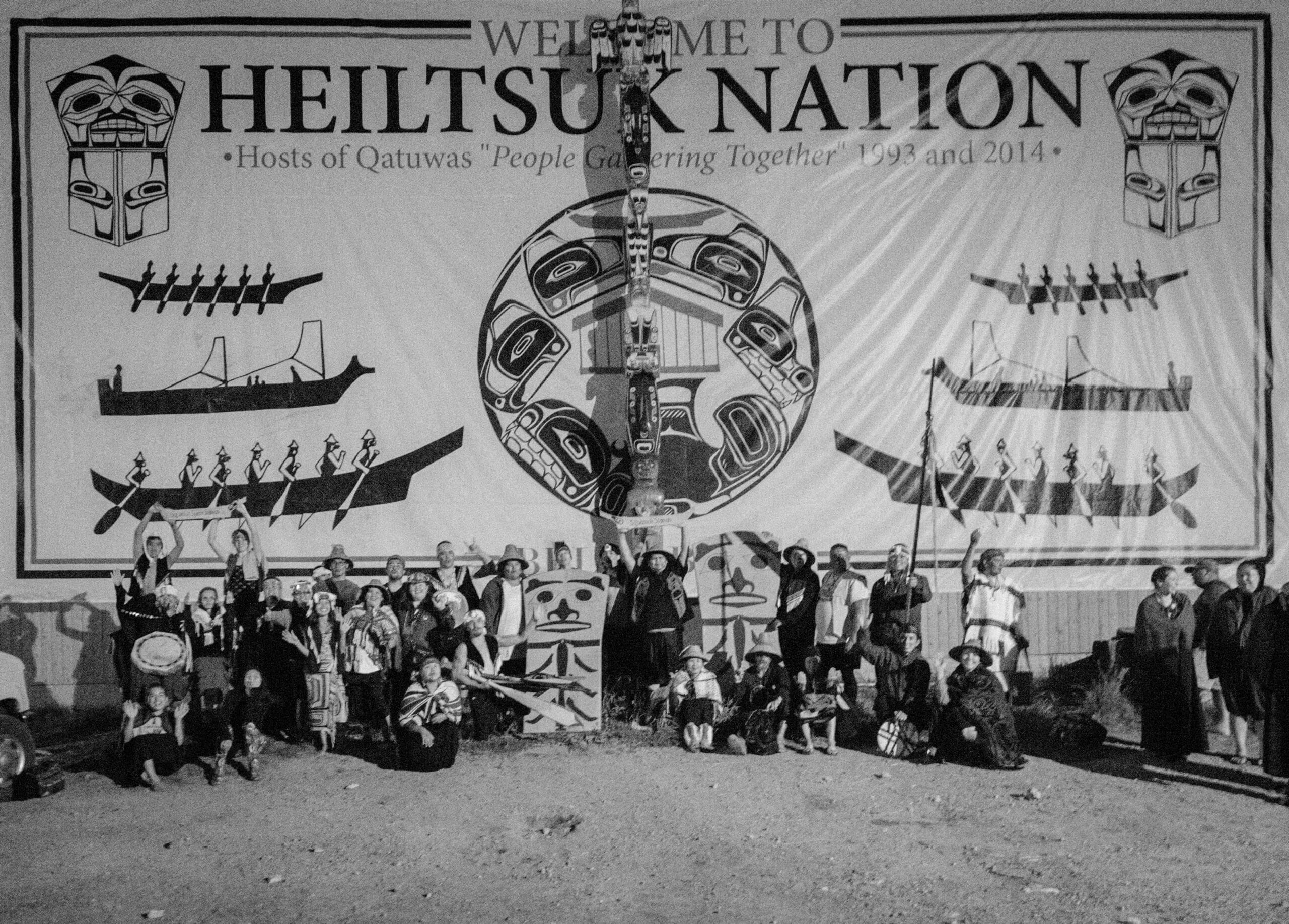
Alexander MacKenzie wanted to continue west but ran into the Heiltsuk Tribe. This tribe was a powerful Northwest Indian Tribe and would manage to pin him and his canoes in.
He decided not to go any further and wrote on a rock that would put a person and date at that location. The rock still exists today and was later inscribed in his honor so that it would not fade.
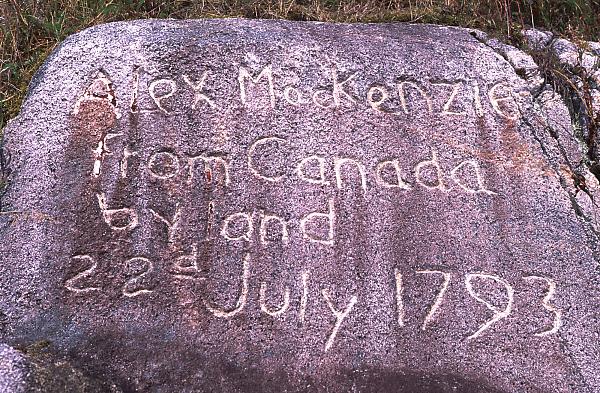
MacKenzie would return home and then move back to England, where he would marry and have three children.
He was 48 when he married but would die eight years later of Bright's disease.
